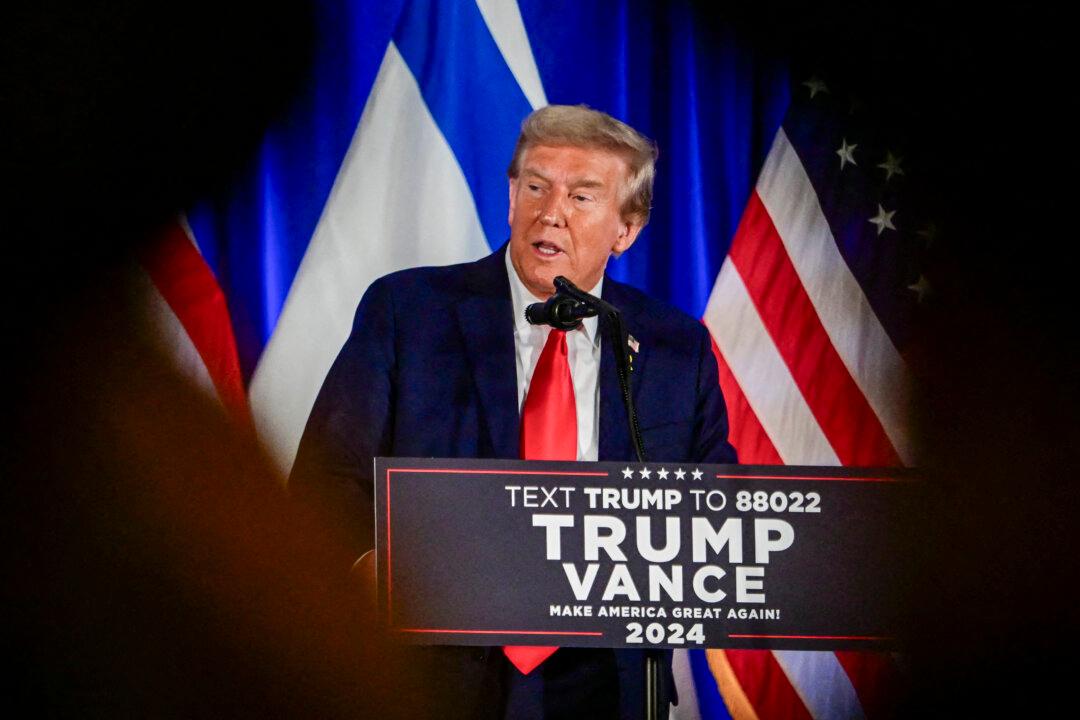Analysis
As President-elect Donald Trump prepares to return to the White House, he will have to contend with a Middle East inflamed by multiple interconnected armed conflicts.

As President-elect Donald Trump prepares to return to the White House, he will have to contend with a Middle East inflamed by multiple interconnected armed conflicts.